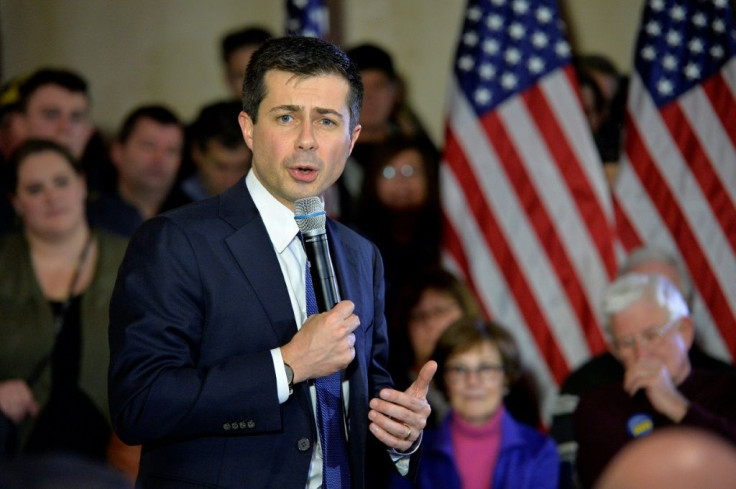Democratic Party Won't Change Iowa Caucus Results Even If It Finds Errors

KEY POINTS
- A re-examination of problematic Iowa precincts isn't enough to overturn the final results announced last week
- Those results show Buttigieg winning the delegate count with Sanders second
- Sanders is requesting a partial recanvassing of the results
The Democratic Party's decision not to change the final Iowa caucus results announced February 6 because of probable criminal implications likely means former South Bend mayor Pete Buttigieg will become its presidential nominee at the 2020 Democratic National Convention in Milwaukee, Wisconsin from July 13 to 16.
Immediate past history has shown the winner of the Democrat's Iowa caucus eventually went on to win the party's nomination. This fact held true for both Barack Obama and Hillary Clinton.
On Sunday, the Democratic Party released results indicating Buttigieg was the winner after data from 95 problematic precincts (out of 1,600) was reviewed and set aside. The re-examination didn't change earlier projections with Buttigieg leading in the count of national delegates. It did, however, add one more delegate to his column.
Dems gave Buttigieg 14 delegates. Sen. Bernie Sanders, I-VT, took 12; Sen. Elizabeth Warren, D-MA, was awarded eight; former Vice President Joseph R. Biden Jr. received six; and Sen. Amy Klobuchar, D-MN, got one.
Errors in the result tabulations led several news organizations such as the Associated Press, which historically verifies election results, and The New York Times to refrain naming a winner for Iowa.
Campaigns have until noon on Monday to request the statewide vote count be re-examined. The original deadline for this re-count was Friday.
The Iowa Democratic Party (IDP) took a second look at some problematic precincts, comprising only five percent of the total. It also decided not to fix errors that might have occurred on the official handwritten tally sheets (known as “caucus math worksheets") from precincts.
The IDP only corrected discrepancies between the data recorded on the worksheets and what was officially reported in public releases of the results, the New York Times reported.
The party is powerless to change even blatant miscalculations on the worksheets because they are legal records and altering them would be a crime, said IDP lawyer Shayla McCormally.

“The incorrect math on the Caucus Math Worksheets must not be changed to ensure the integrity of the process,” wrote McCormally in an email to Troy Price, IDP chairman and to its central committee members. McCormally wrote correcting the math would introduce “personal opinion” into the official record of results.
“It is the legal voting record of the caucus, like a ballot,” wrote McCormally. “The seriousness of the record is made clear by the language at the bottom stating that any misrepresentation of the information is a crime. Therefore, any changes or tampering with the sheet could result in a claim of election interference or misconduct.”
Sanders's campaign manager, however, announced that they will be requesting a partial recanvass of the results. Campaign manager Faiz Shakir believes Sanders will have the same number of delegates as Buttigieg once the recanvass has been completed.
© Copyright IBTimes 2024. All rights reserved.





















